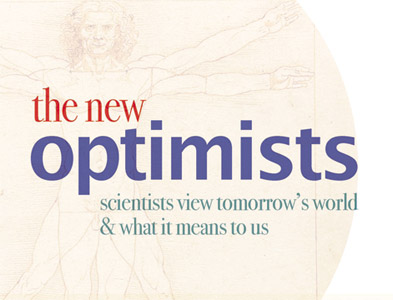You may think that your body is yours, and yours alone. But it’s not. You’re sharing it . . . there are 10 microbes for every single cell in your body. Each one of us, within (what we think of as) our very own self, is outnumbered ten to one.
 The world of microbes is an incredible one, unseen, unimagined by humankind until the invention of lenses. The work of microbiologists such as Professor Peter Lambert enable us literally to see and understand our world quite differently.
The world of microbes is an incredible one, unseen, unimagined by humankind until the invention of lenses. The work of microbiologists such as Professor Peter Lambert enable us literally to see and understand our world quite differently.
It’s a microscopic view of the world that helps us understand how it is we live, eat and breath, what viruses and bacteria there are within us and in the world, and how they affect us . . . Harnessing the power of microbes could even provide the answer to finding sources of energy that do not contaminate the world.
Peter Lambert is Professor of Microbiology in the School of Life and Health Sciences at Aston University. His main research interests are in infections caused by bacteria, particularly how they can be treated with antibiotics and what can be done when bacteria become resistant to antibiotics. This has been of increasing concern over the past 10 years with the emergence of hospital acquired infections due to bacteria such as MRSA and Clostridium difficile. Broader interests concern the diversity of bacteria in the world and how microbes can be used in the service of mankind.








